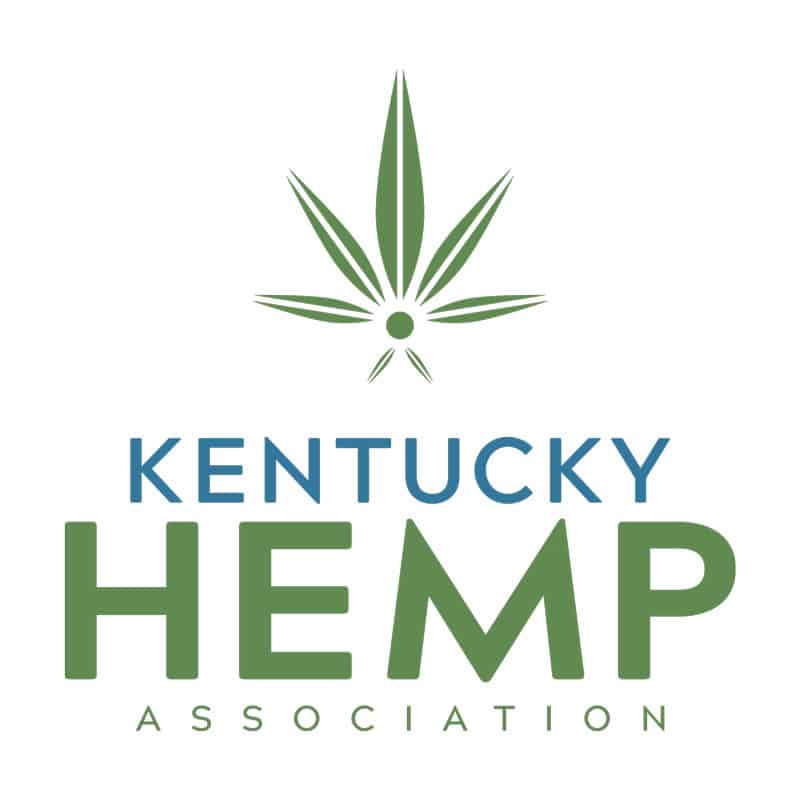On the surface, the idea of regulating hemp products might seem like a nuanced policy decision. However, the implications of a recently proposed amendment by Illinois Representative Mary Miller go far beyond regulatory fine-tuning. This amendment, part of the 2024 Farm Bill, seeks to redefine hemp in a way that would effectively make all ingestible hemp products containing any level of THC illegal. This includes not only products containing Delta-8 THC but also CBD and even animal feed. The consequences of such a ban would be devastating to an entire industry that has grown and thrived under the provisions of the 2018 Farm Bill.
Understanding the Amendment
The amendment proposed by Rep. Miller aims to change the definition of hemp in the Agricultural Marketing Act of 1946. Specifically, it would limit the definition to only naturally occurring, naturally derived, and nonintoxicating cannabinoids. In practical terms, this means that any hemp product containing more than 0.3% total THC, including THCA, on a dry-weight basis would be illegal. This redefinition would effectively shutter a multibillion-dollar market for products containing intoxicating hemp-derived cannabinoids.
The Broader Impact
The 2018 Farm Bill, which legalized hemp and its derivatives as long as they contained less than 0.3% Delta 9 THC, was a watershed moment for the hemp industry. It unlocked enormous economic potential, providing farmers and businesses with new opportunities while also offering consumers a variety of beneficial products. Under the proposed amendment, however, these gains could evaporate overnight. Seed companies, breeders, and cannabis flower producers would be hindered from selling their products, stifling innovation and growth.
Moreover, the proposed changes don’t just target the recreational use of hemp-derived cannabinoids. By including CBD and even animal feed in the ban, this amendment threatens to disrupt established markets that provide significant health benefits to both humans and animals. The fallout from such a sweeping ban would be widespread, impacting not just businesses but also consumers who rely on these products for their well-being.
A Call to Action
It’s not an exaggeration to say that hemp is under attack. The amendment was grouped “en bloc” with several other amendments and subjected to a voice vote, which passed. This bureaucratic maneuvering means that significant decisions about an entire industry are being made without adequate debate or consideration of the broader consequences.
We are members of several organizations that are banding together to stop this senseless destruction of the hemp industry, but we need your help. It’s crucial that you send a letter to your local representative expressing your opposition to this amendment. Your voice can make a difference in ensuring that this harmful proposal does not become law.
How You Can Help
- Learn More: Educate yourself about the proposed amendment and its potential impact on the hemp industry.
- Send a Letter: Contact your local representative to voice your opposition. Explain how this amendment would not only harm businesses but also deprive consumers of beneficial products.
- Spread the Word: Share this information with friends, family, and colleagues. The more people who understand what’s at stake, the stronger our collective voice will be.
The hemp industry has worked tirelessly to establish itself as a legitimate and beneficial sector. We cannot allow these efforts to be undone by poorly considered legislation. Please join us in opposing this amendment and help save our hemp industry.
Thank you for your support. Together, we can make a difference.
—
Take Action Now! Contact your representative and urge them to oppose this harmful amendment. Your voice is crucial in protecting an industry that has brought substantial economic and health benefits to countless Americans.















